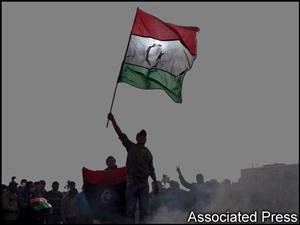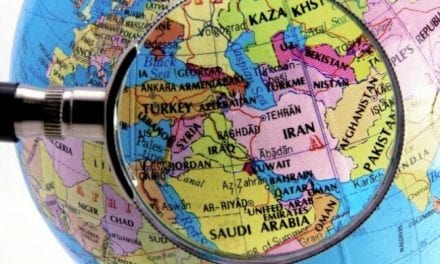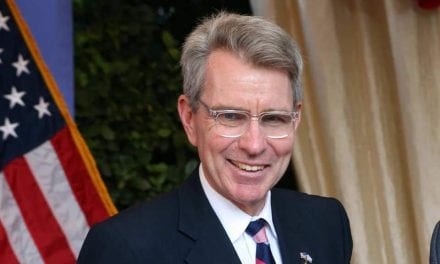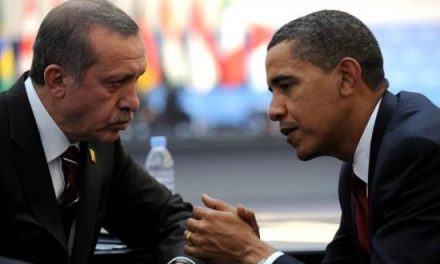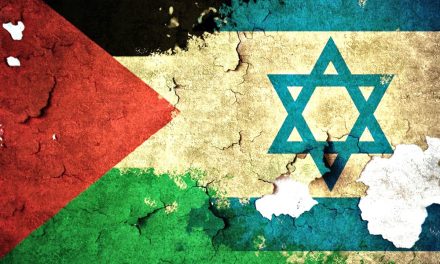By William Booth
AL-QUALISH, Libya — The Muslim holy month of Ramadan began here at a lonely outpost on the front lines, as rebel forces broke their daylight fast with a handful of dates, a glass of milk and a couple of rocket launches.
A few miles away in the village of Asaba, soldiers still loyal to Libyan leader Moammar Gaddafi could be seen through a pair of binoculars, milling around beneath a white water tower, as a NATO warplane arched high overhead.
There will be no cease-fire. NATO officials say they will continue to fly strike sorties over Libya, without pause. Gaddafi on Sunday urged a powerful tribe to march toward the rebel stronghold of Misurata and retake the city.
On Libyan state television, Gaddafi’s defense minister, Abubakr Yunus Jaber, announced that members of the army who defected to join the rebels and returned to the regime would be protected by a general pardon.
As for the rebels, “we are going to fight more, not less,” said Ismail Ashur, who leads the dozen fighters dug into the hillside here and who promised — as every commander does here, every few days — “big news next week.”
For Muslims worldwide, the month of Ramadan is a time for fasting and family, for charity and prayer. But rebel commanders and their homegrown militias in the sandy mountains south of Tripoli promise they will press their attacks.
In the past three weeks, this ghost town on the front between rebels and loyalists — a place most Libyans have never heard of — has been taken, lost and retaken.
Despite their sound bites about imminent victories, most rebel commanders privately concede they will probably continue a pattern of cautious advance.
In the western mountains, where rebels have made the largest gains in recent weeks, their offensives have been slowed the past two days by severe gas shortages, as fuel resupplies have been stopped at the Tunisian border.
Little by little, the rebels do keep gaining ground, but it has been a slog, and no commander here has made a convincing case for how the rebels will take Tripoli by force from the outside.
On the first day of Ramadan, inconclusive fighting continued in the east and west. Outside the besieged oil refinery town of Brega, rebels reported that they had pushed Gaddafi’s heavy artillery back. In the west, one of Gaddafi’s last strongholds in the mountain region, the town of Tiji, was still a battlefield.
In an interview published Sunday, French Defense Minister Gerard Longuet warned that “impatience is never a good adviser” and said the rebel fighters will not be able to take the Libyan capital by themselves.
“Things have to move in Tripoli. To put it clearly, the population has to rise up. The month ahead will naturally be intense. There will not be, I think, a pause because of the month of Ramadan,” Longuet said.
The rebels seem divided on what Ramadan will mean for the fight. “During Ramadan, we can’t stop. If we stop, this will go on forever,” said Jumar Kharboush, a paramedic, who had just taken the town of Jawsh on Sunday with fellow rebel fighters. He was wearing goggles in the sandstorm and looked like an extra in a Mad Max movie serial.
“Look at what Moammar Gaddafi has turned us into,” Kharboush said. “We’re doctors and lawyers, but look at us.”
His squad of middle-aged fighters was lying in the shade, exhausted by dust, heat, the sound of automatic weapon fire. “We hate killing each other. Every time I leave my mother, she cries. But what can I do?” he said.
Nearby, Akmed Salah, a dentist, said: “Maybe during Ramadan we will hold what we have. We will fight, of course, but take a more defensive posture, so as to spend a little time with our families.”
The prophet Muhammad himself waged war in the Battle of Badr against the infidel Meccan idolaters during Ramadan in 624.
Although the Koran makes an exception, and specifically allows its holy warriors to drink and eat during Ramadan, almost every rebel soldier here vowed that nothing would pass their lips from sunrise to sunset.

